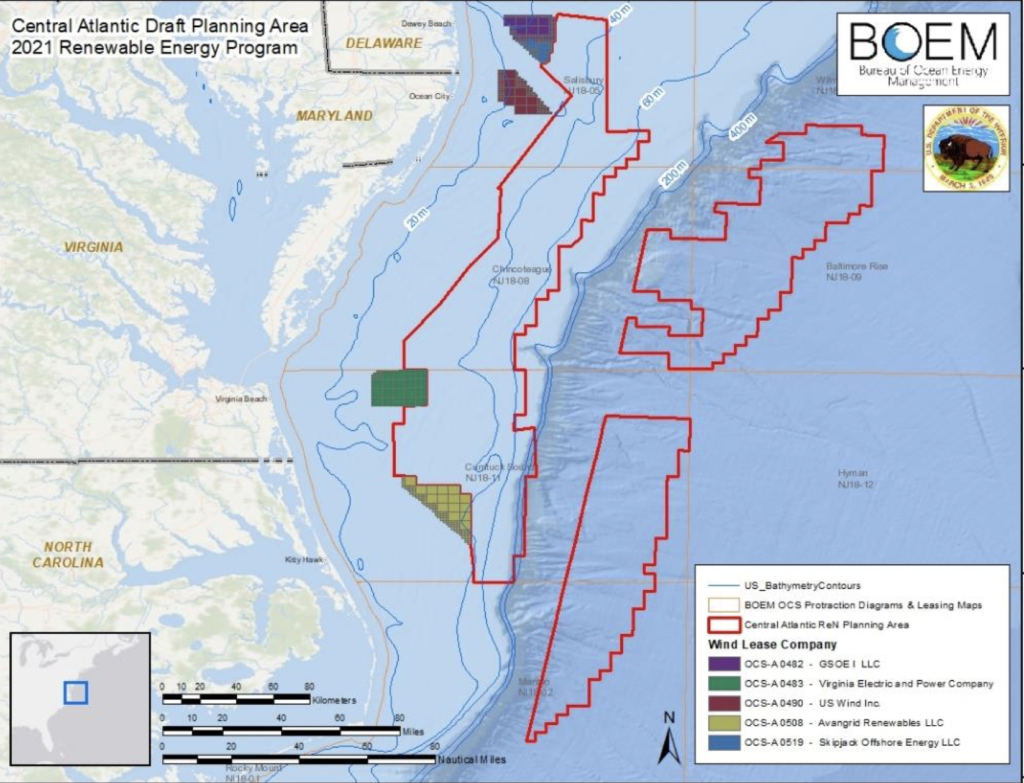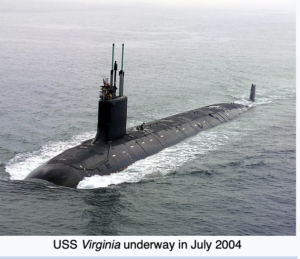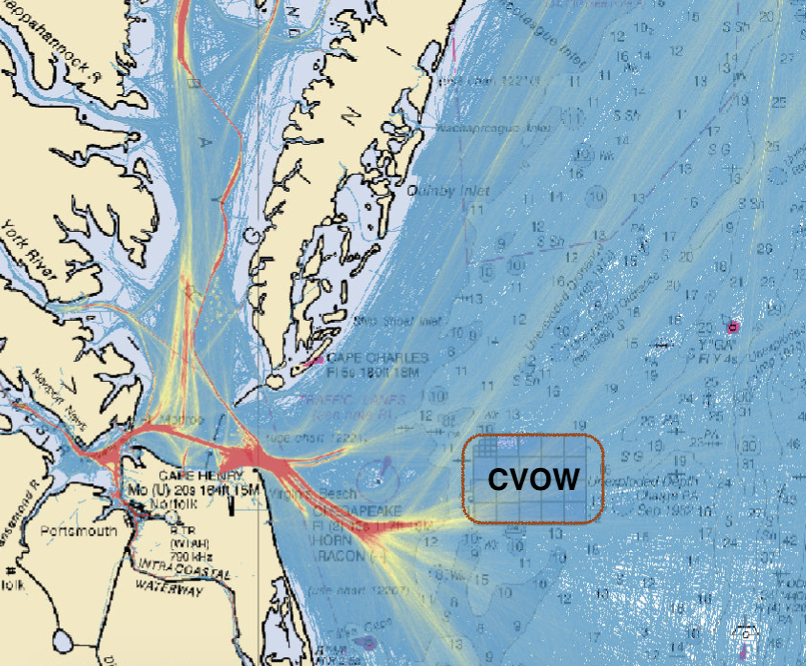by James C. Sherlock
As I warned in three columns in late December, the Pentagon has now objected to Department of the Interior plans to develop offshore wind farms along the central U.S. coast.
It has warned that almost all of the areas planned for development of the huge turbines conflict with current military operations.
That is the public pronouncement.
DOD also knows that, because the wind farms are designed to provide a high percentage of the electric power on the East Coast grid, it will be charged to defend them against attack.
And it knows that defending those sitting ducks clustered together in fixed positions in international waters against modern weapons is not just a problem, but as a practical matter impossible.
But DOD apparently won’t admit that publicly. Yet. It is not clear that the Department of Homeland Security, with oversight of the Coast Guard, has even thought about it.
But if the turbines are built, DOD and the Coast Guard will be tasked to try to protect them. Their defense can’t even be attempted without a cost to the defense budget that will dwarf both in acquisition and ongoing operating costs the cost of building and operating the fields themselves.
The Navy and Coast Guard will need far more ships and the Navy more submarines, and the personnel to operate them, than they currently have.
The additional resources will need to be used for defense of the wind farms, not to meet our under-resourced national defense obligations overseas.
And the attempt will still fail against modern weapons. Continue reading





 by James C. Sherlock
by James C. Sherlock









